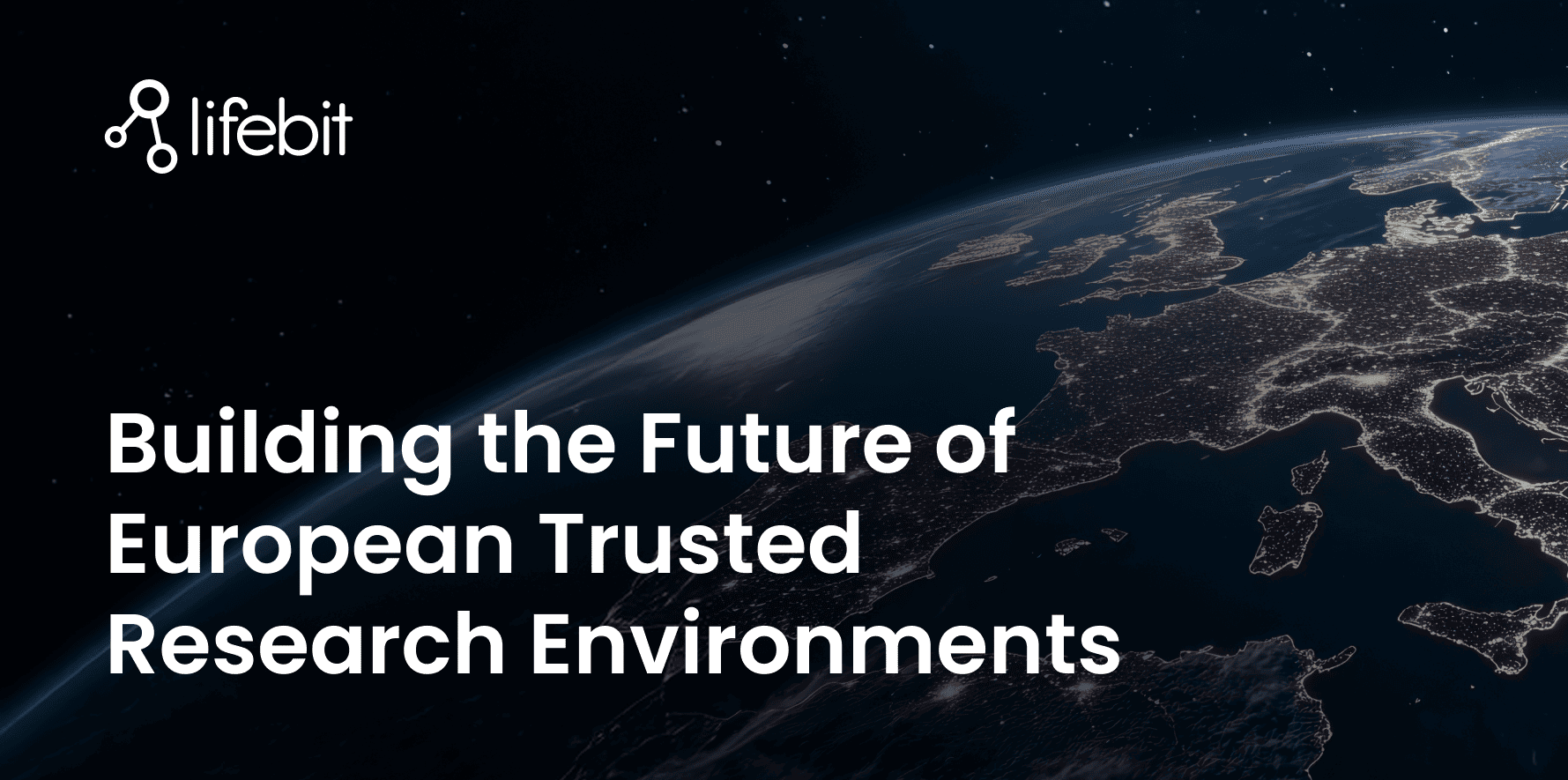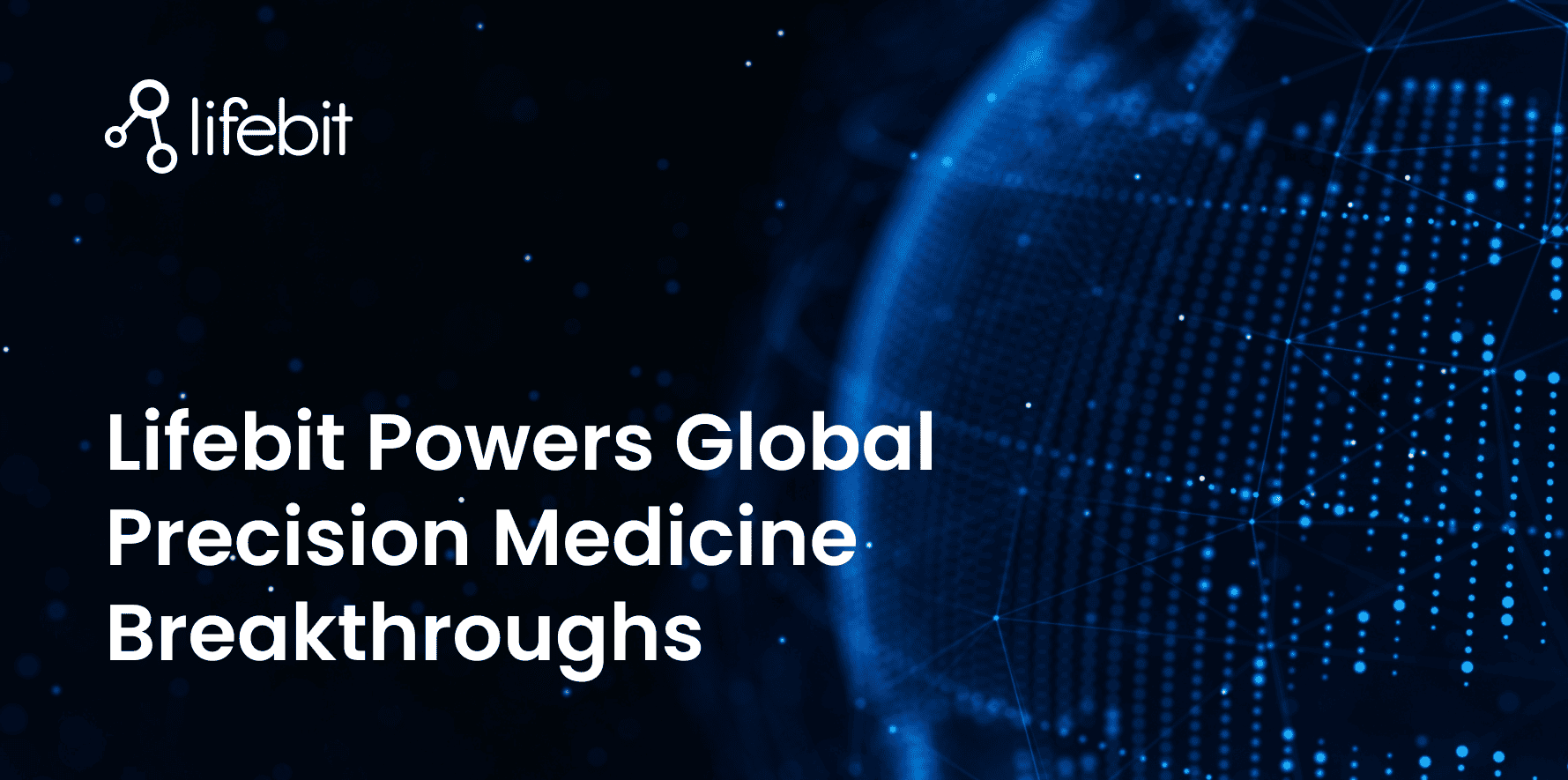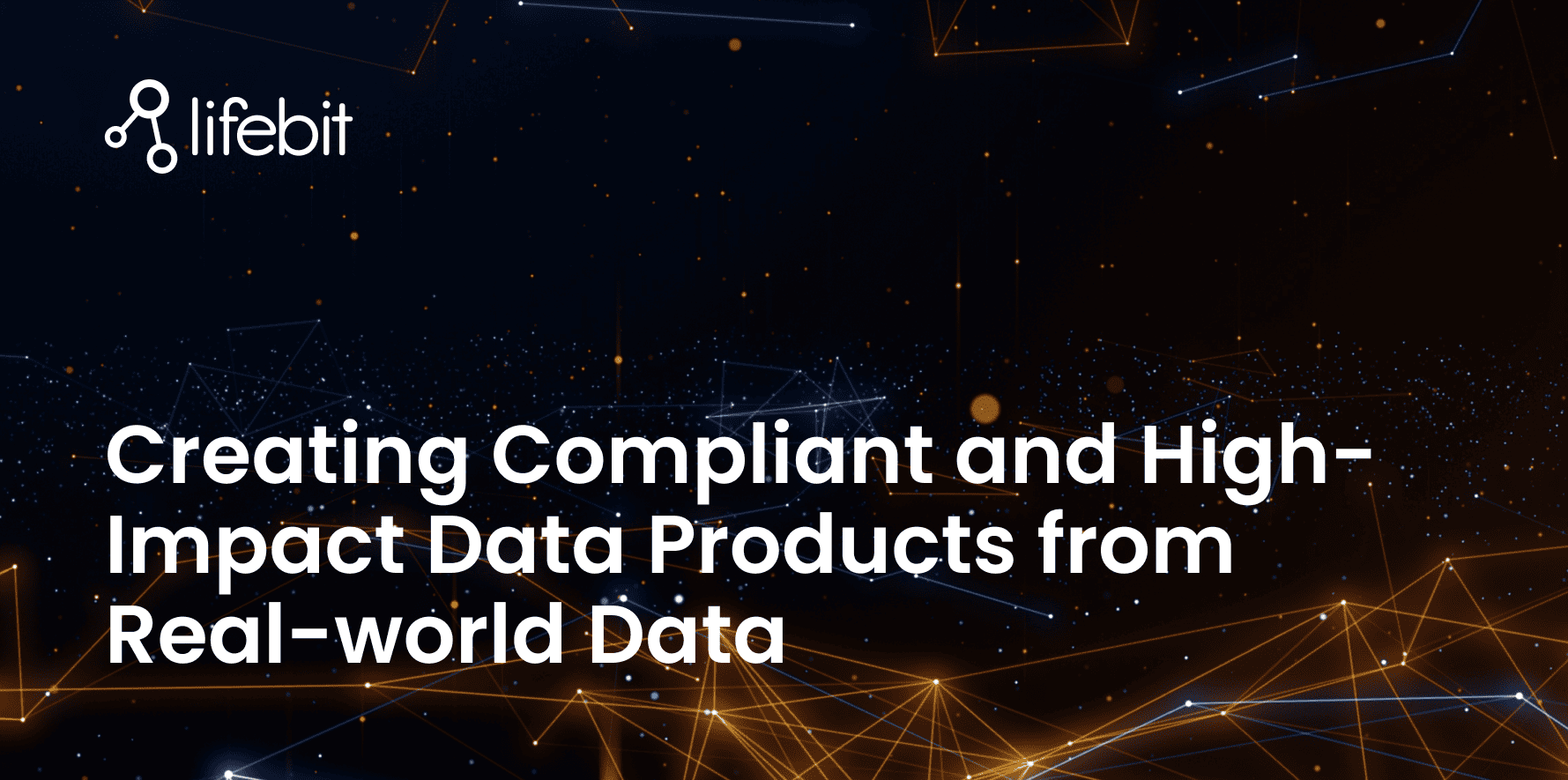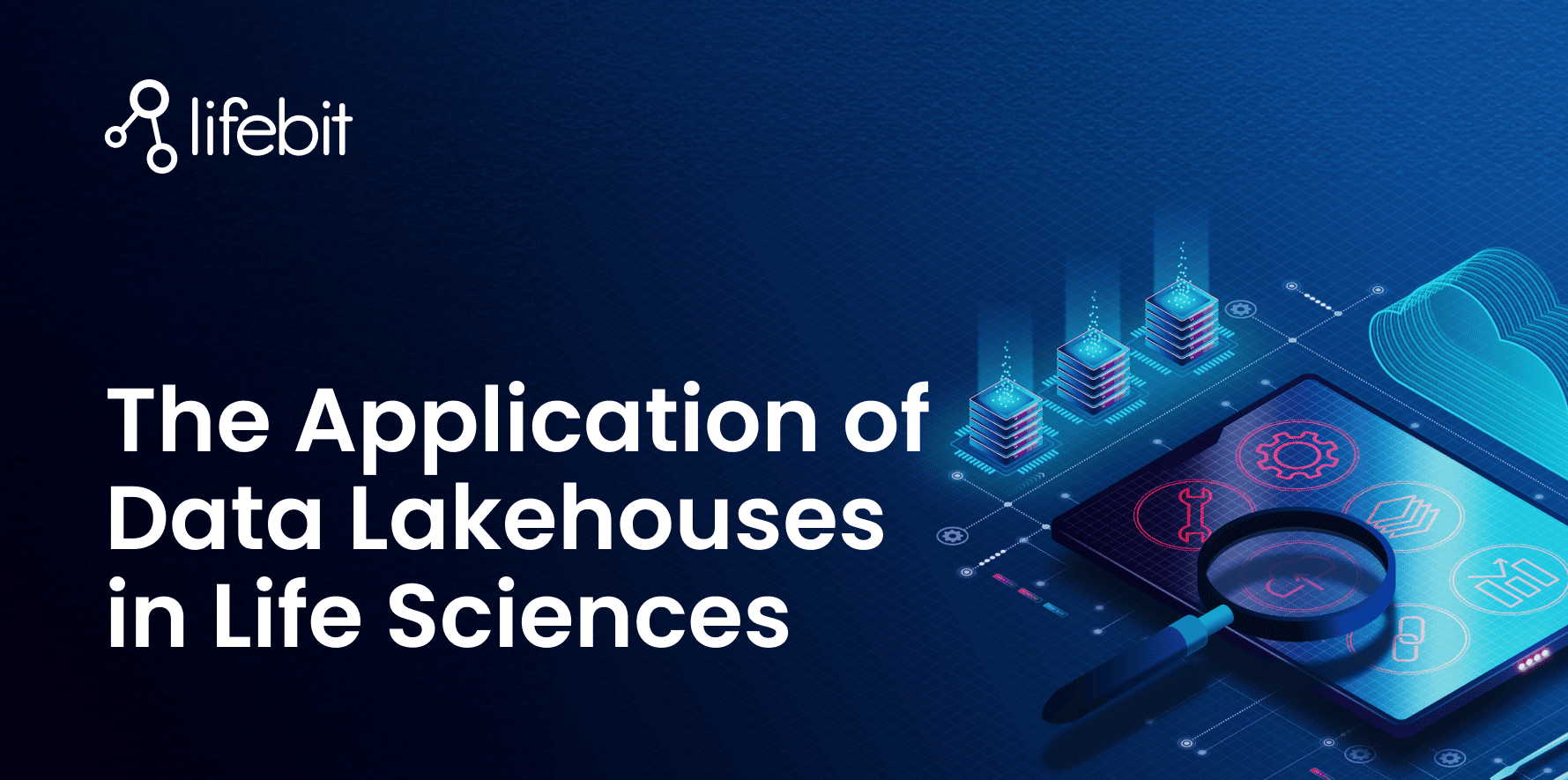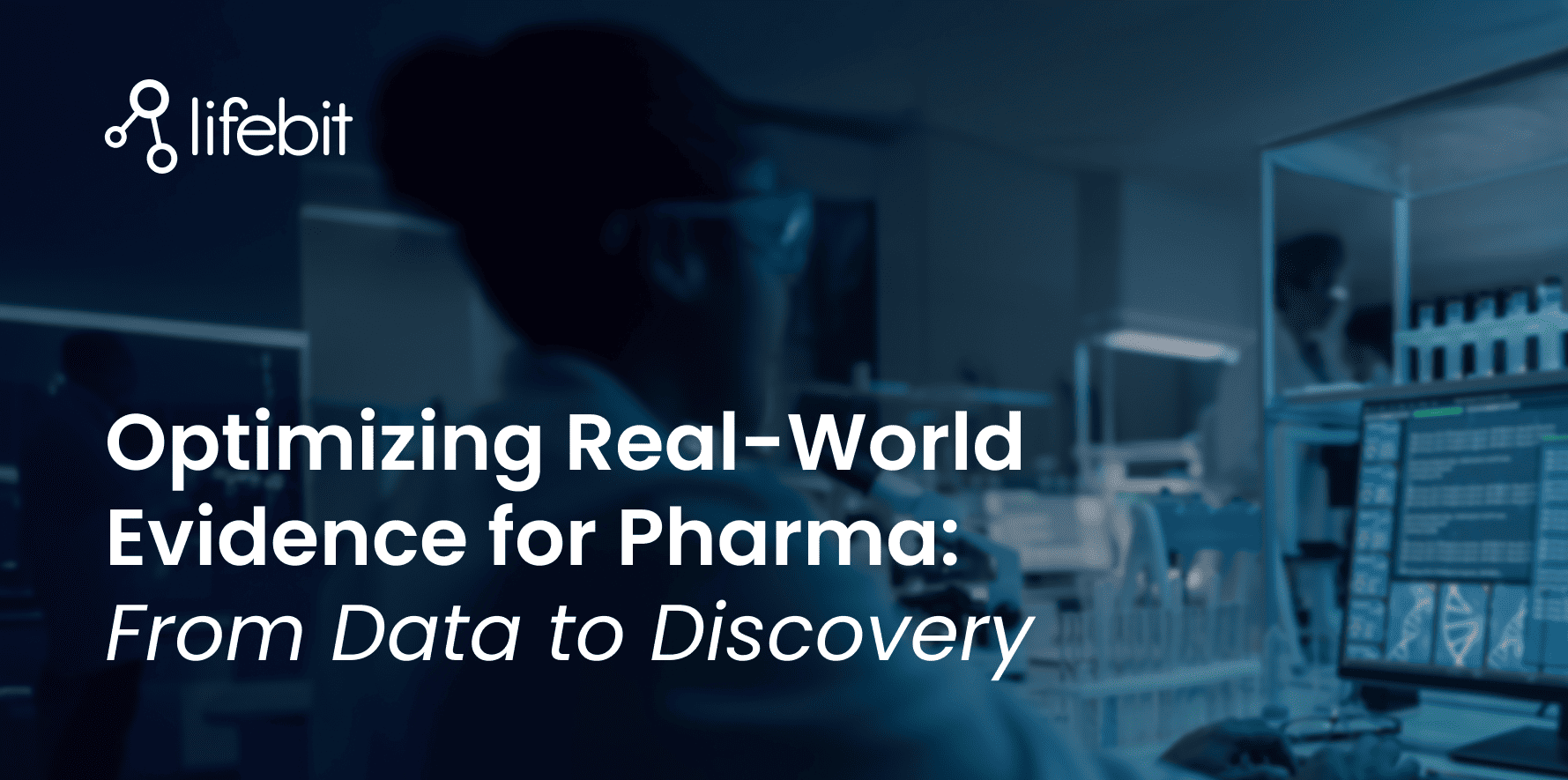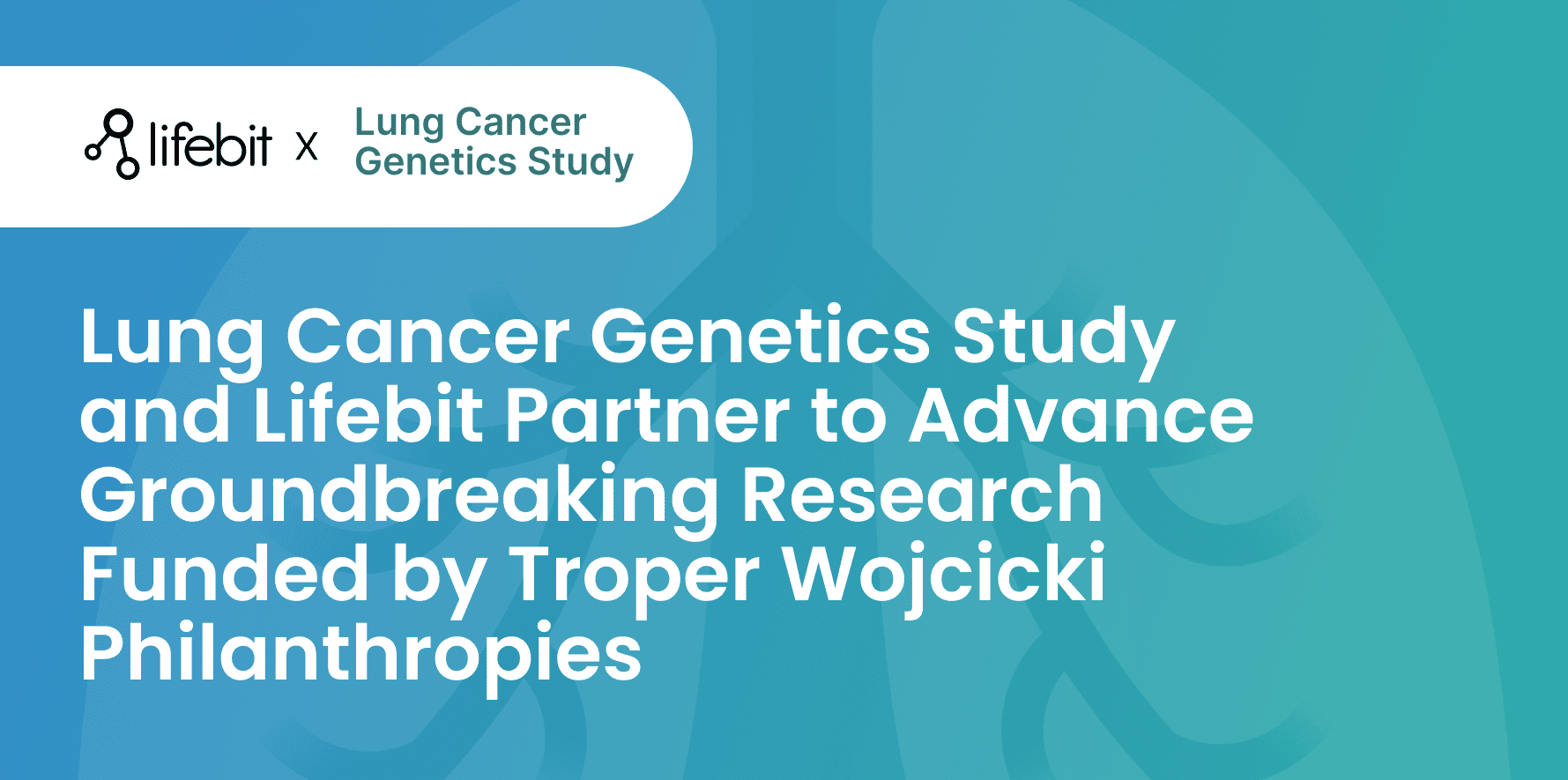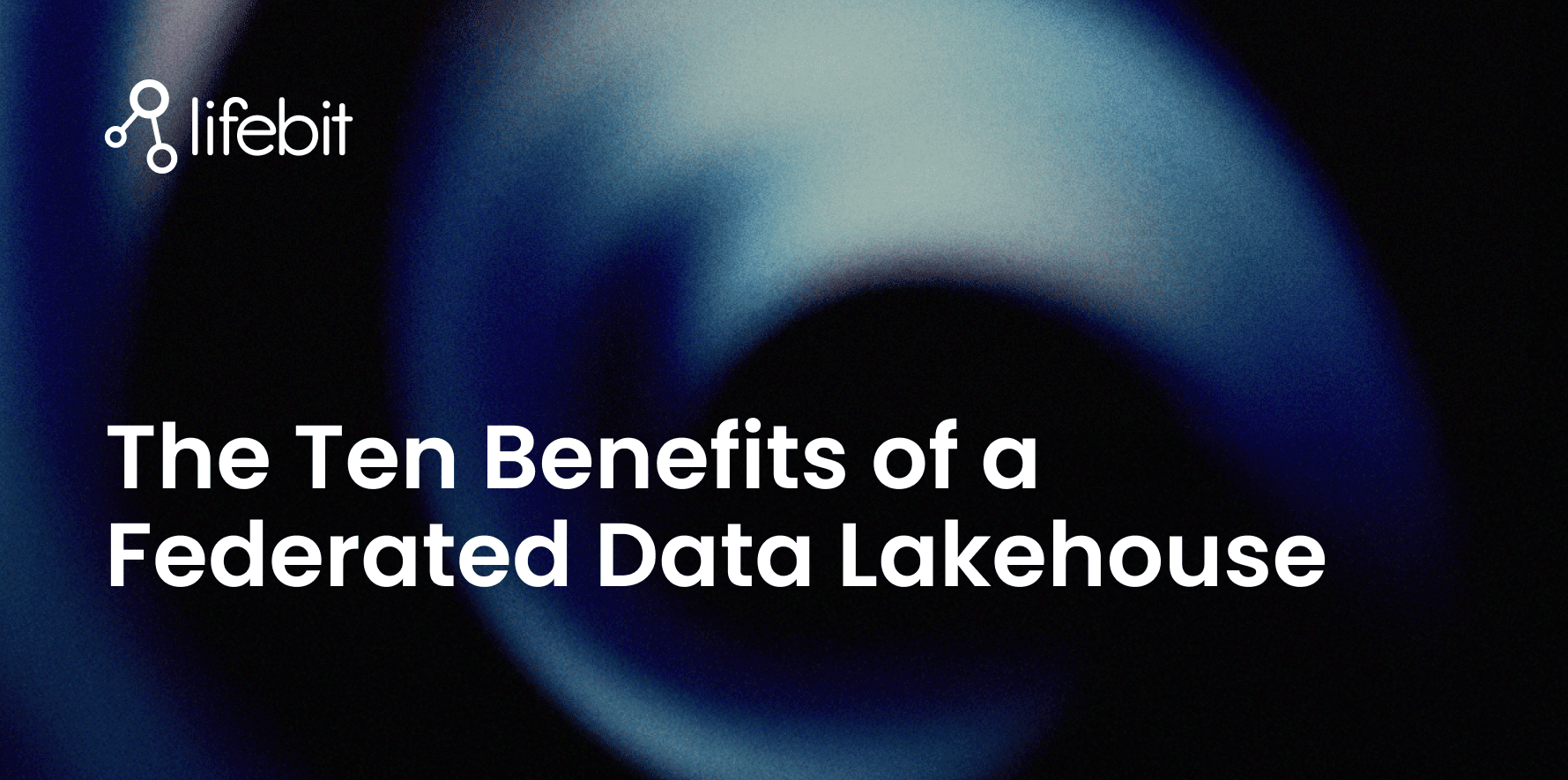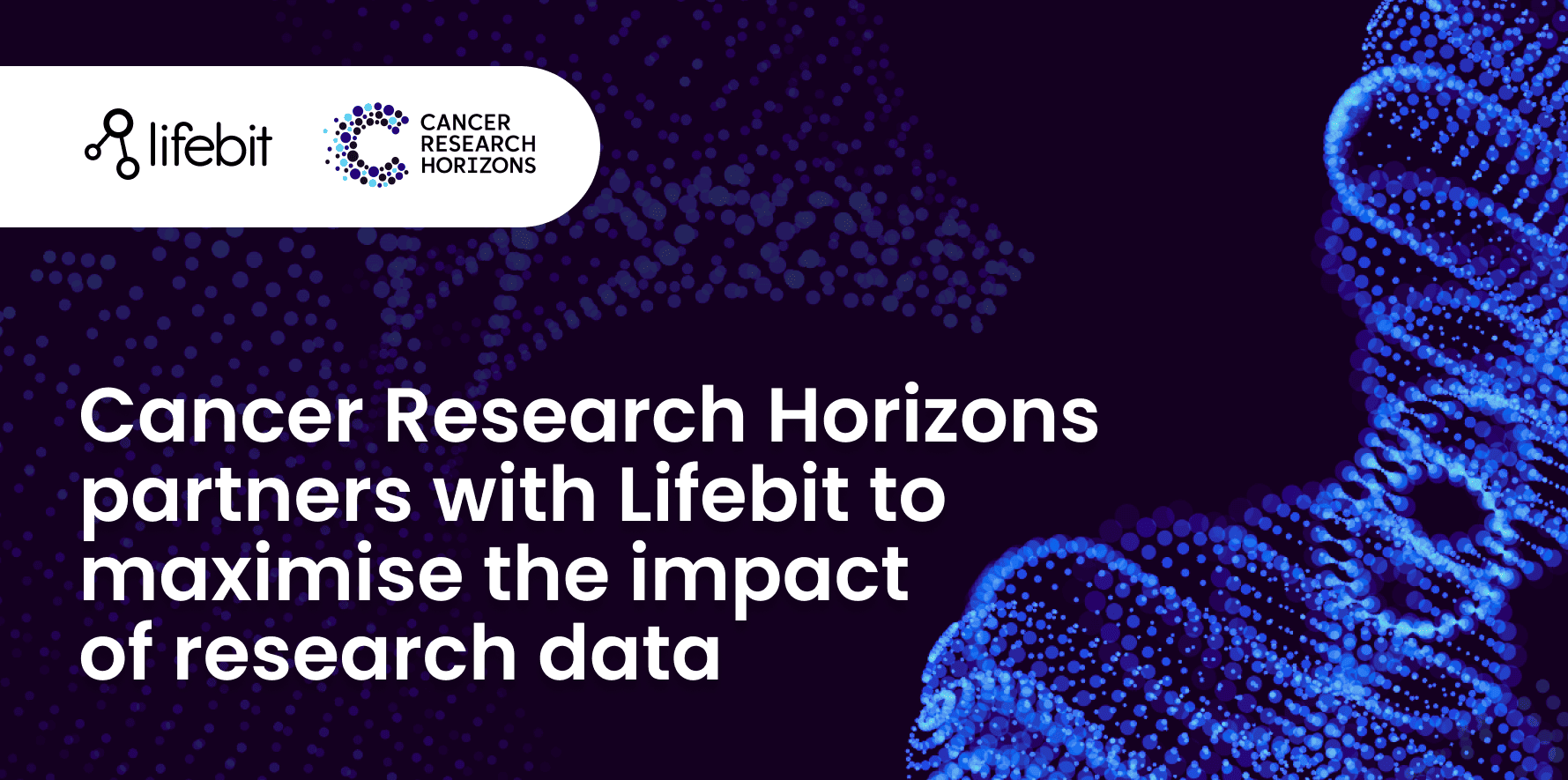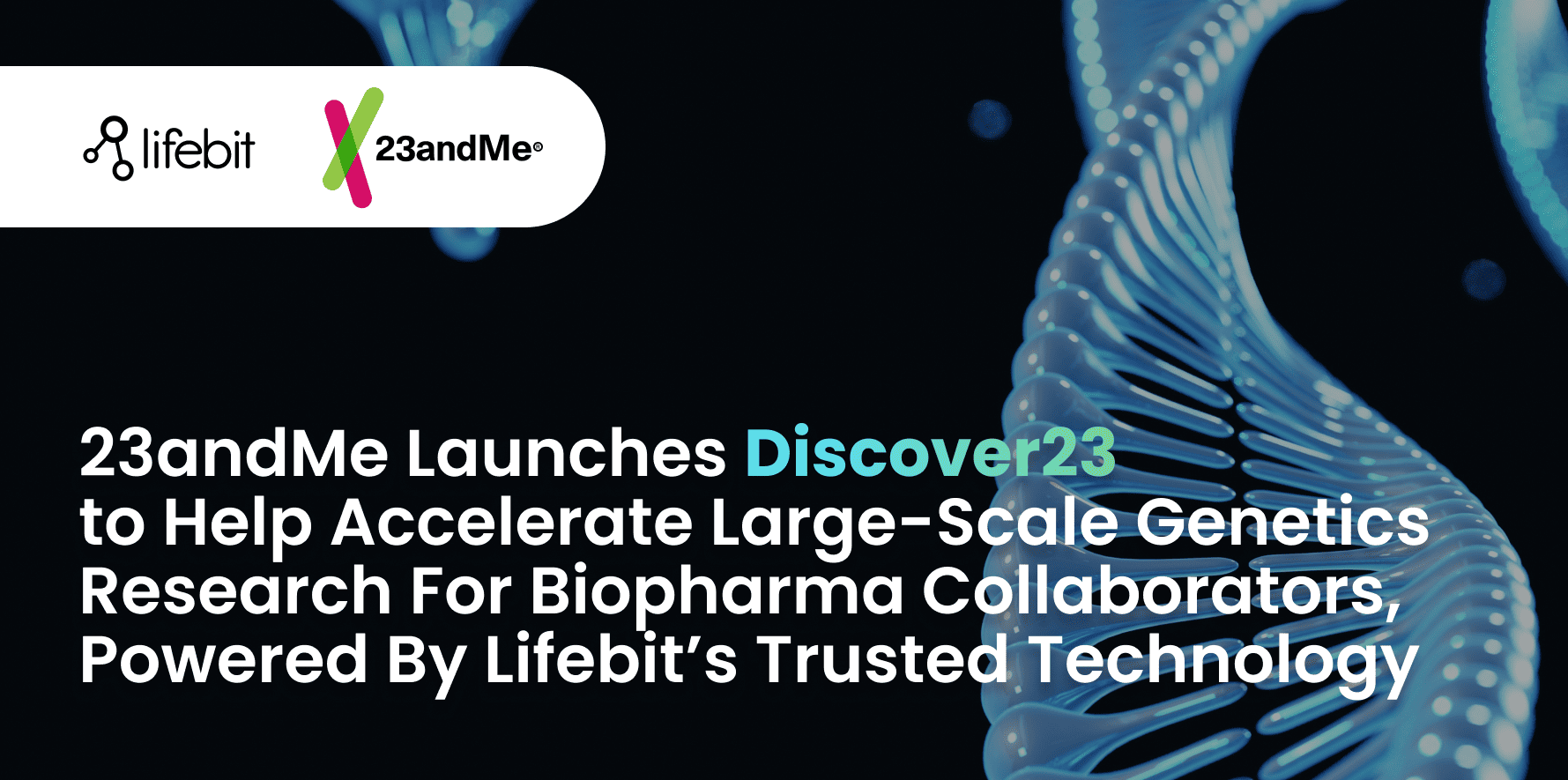Introduction
This month, the European Health Data Space (EHDS) regulation comes into force — a landmark step toward harmonizing health data access, privacy, and use across the EU. Its goal is to empower patients to access and control their electronic health data and enable healthcare providers to access patient data with consent throughout the European Union (EU). Researchers and clinicians will be able to securely access and leverage anonymized or pseudonymized health data between and across EU member states for primary use. For secondary use, the EHDS will provide secure digital infrastructure for data sharing, a governance framework and rules, and common standards and practices, contributing to the realization of open science in the health sector to improve care, innovation, and evidence-based policy decisions.
Alongside this, the European Open Science Cloud (EOSC) is shaping the infrastructure for data-driven research across Europe. Within EOSC, the EOSC-ENTRUST initiative has spearheaded the creation of a federated network of European Trusted Research Environments (TREs). These TREs will be essential to delivering the EHDS’s promise of secure, compliant, and cross-border access to sensitive health, genomic, and socio-economic data for secondary uses such as research, innovation, and policy development.
In this blog, we explore the key insights from the EOSC-ENTRUST Policy Brief, how it complements and supports the EHDS rollout, and how Lifebit is playing a central role in enabling this future through secure, scalable, and interoperable TRE technology.
Why Europe Needs a Federated Approach to TREs
Across Europe, many biomedical research institutions and health systems hold sensitive health data, which remain fragmented due to data silos. Researchers face inconsistent, jurisdiction-specific access procedures, and data providers struggle to manage complex data access under diverse and often conflicting regulations. This fragmented landscape limits Europe’s ability to fully capitalize on its rich health and biomedical data resources.
The EOSC-ENTRUST recently released a Policy Brief that addresses these challenges with five key recommendations:
-
Invest in TRE Infrastructure — The brief recommends that the European Commission and member states invest in the hardware, software, and workforce needed to build robust, scalable TREs.
-
Promote Interoperability — Establish common frameworks for network security, governance, and data exchange to efficiently combine and link data between TREs.
-
Leverage International Standards — Adopt proven models like the Five Safes principles, the SATRE standard architecture for TREs, and established global data standards such as those from GA4GH.
-
Nurture TRE Communities — Invest in training, governance structures, and human capital to build sustainable ecosystems.
-
Enhance Public Engagement — Transparency and trust are key to adoption, particularly in healthcare and genomics research.
These recommendations are not theoretical — they are foundational to supporting the EHDS, which will rely on a network of interoperable, secure TREs to deliver on its ambitions for both primary and secondary data use across Europe.
Lifebit’s Role in Supporting the EHDS and EOSC-ENTRUST Goals
The Lifebit federated Platform powers national and international genomic and health data initiatives by bringing computation and analysis to the data — ensuring compliance with data sovereignty requirements, GDPR, and upcoming EHDS secondary-use frameworks. This "compute-to-data" approach reduces security risks and enables cross-border collaboration without compromising privacy.
Interoperability is at the core of our platform, built on globally recognized standards from GA4GH, and the OMOP Common Data Model. As EHDS milestones unfold — from the exchange of priority health data categories in 2029 to the inclusion of genomic datasets in 2031 — Lifebit’s platform is positioned to enable compliant, federated research at scale across Europe.
But our alignment with EHDS goes further. Lifebit’s AI-powered data harmonization tools, automated cohort-building capabilities, and scalable Nextflow-based analytics workflows are purpose-built for the kind of large-scale, multi-modal research the EHDS aims to foster. In short, Lifebit is building the technology and infrastructure that will make it a secure, practical, and scalable reality for Europe and beyond.
Summary
The EHDS and EOSC-ENTRUST initiatives mark a pivotal moment for European Research, with Trusted Research Environments forming the backbone of secure, federated data ecosystems. Lifebit is proud to be at the forefront of this transformation — providing the infrastructure, security, and AI-driven analytics required to enable compliant, large-scale biomedical research.
By connecting national TREs, embracing open standards, and delivering cutting-edge tools for multi-modal data analysis, Lifebit is helping unlock new frontiers in genomics, healthcare, and precision medicine — driving better outcomes for patients and scientific breakthroughs across Europe and beyond.
About Lifebit
Lifebit is a leading provider of secure, scalable, and federated data analysis platforms designed for genomics and biomedical research. The Lifebit Platform enables organizations to manage, analyze, and derive insights from complex, sensitive biomedical data while ensuring security and compliance with global data governance regulations.
Want to learn more about how Lifebit is driving innovation in federated TREs? Get in touch with us today at lifebit.ai.



.png)


